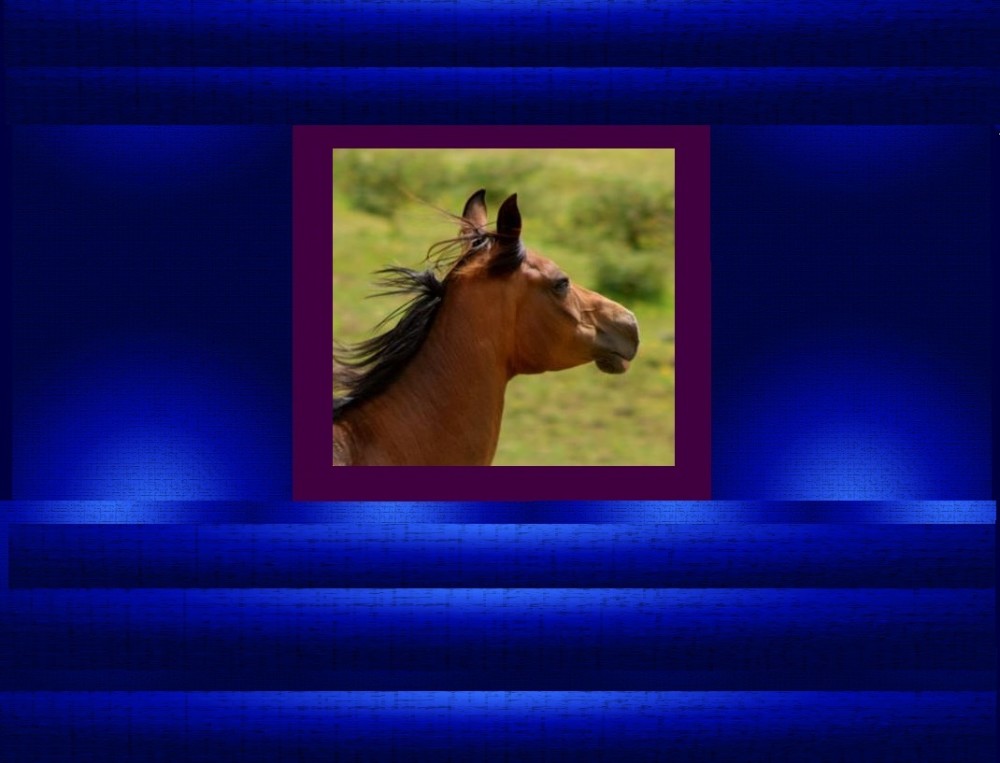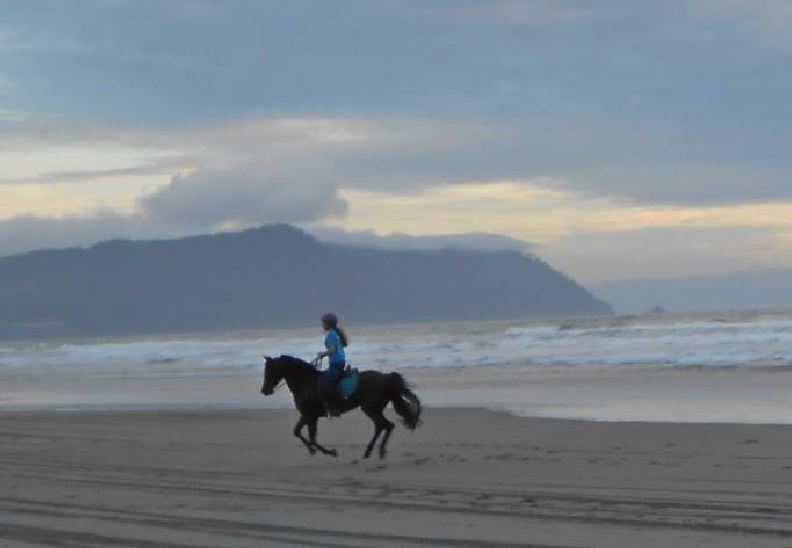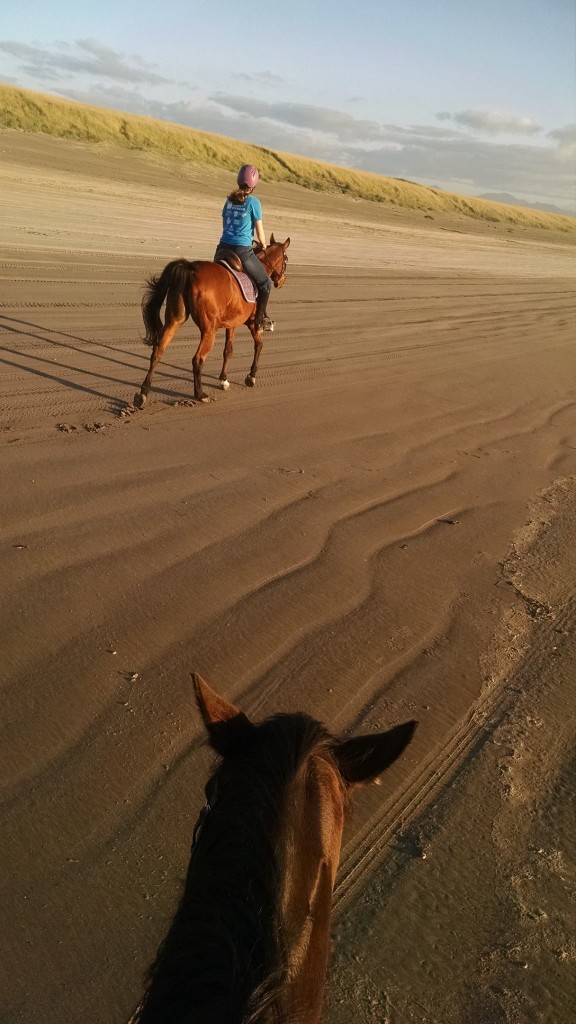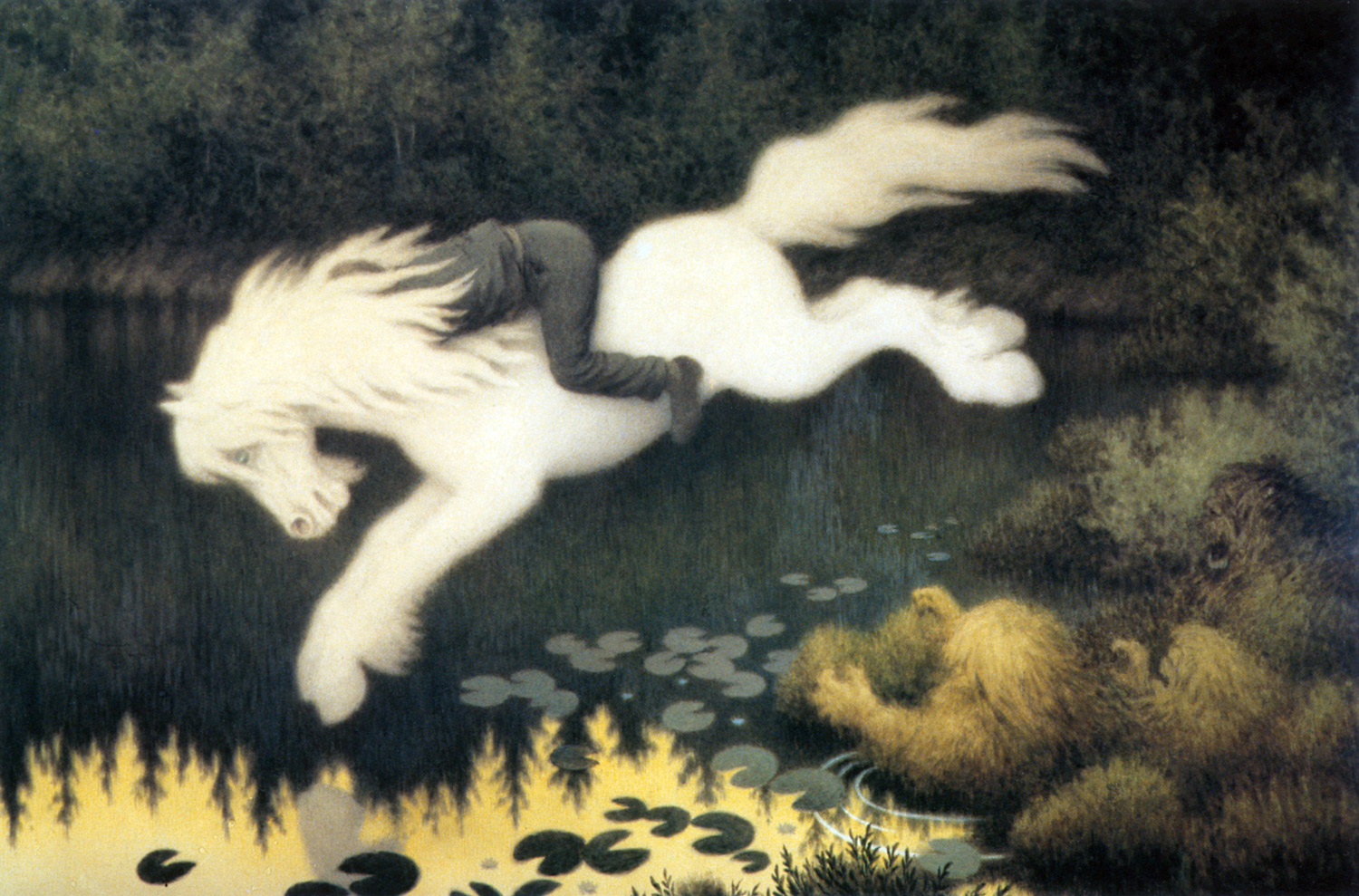
When people have psychosis, they sometimes display what is called “magical thinking.” This often consists of finding meaningful connections between unrelated events. An outside observer might find some of these associations comical, such as a person thinking if they eat something their blood will turn green, or if they touch someone they will transfer DNA and become related.
It has become quite common in the horse world for people to want an emotional connection with horses. Along with this there seems to be a widespread predilection for what I call “magical thinking” among horse people. There are a few components to this, from my observations. Most of these dearly held ideas people have seem to come from a twisted version of certain facts, which have been changed in order to apparently fulfill the need for an emotional, romantic or “magical” connection with the horse.
As the saying goes, ““Everyone is entitled to his own opinion, but not to his own facts.”
It is a fact that horses, like all animals and humans, are sensitive to the emotional environment around them. It is also a fact that they can tell if a rider is sitting tensely or relaxed, or even holding their breath. They may become startled by loud noises or sudden, aggressive movements (as we all may).
These facts have been turned into magical thinking. While we may affect a horse that is reading from our body language by sending out signals that we are concerned about danger in the situation, we can’t always calm a nervous or aggressive horse just by being calm ourselves. Every horse that is jigging or rushing is not doing so because the rider is insecure or nervous. And every situation with horses can’t be fixed by having a positive attitude and trusting the horse. That would be like saying you can calm down every out-of-control or aggressive person just by being calm yourself and very trusting.
It is very common to hear that horses only have issues because of either a lack of proper training, or a lack of trust and confidence in the horse by the handler. There are all kinds of magical fairy tale stories circulating: “My horse was very wild and crazy. Then I took all of his tack off, sat on his back and trusted him completely. He turned into an angel and we will live happily ever after.” Another common theme is: “All you need to do is start the horse over, do more ground work, and your horse will be perfect.”
I’m not sure how people can believe this, and all I can conclude is that they have more of a right-brain artistic “hope for the best and ignore the rest” vs a fact-based, left-brain approach. The facts are that horses have behaviors we have studied and can understand. We know they are prey animals, driven by instincts to survive. Like all animals, they react negatively to pain, fear and physical deprivation.
If you’ve ever read fact-based stories about animals, and if you’ve had many animals of your own, you will understand that every animal has a unique and distinct personality. Every animal will have his or her own individual set of challenges to overcome. These challenges are not “bad,” they are just part of working with another living creature.
A horse may learn to grab the bit in his teeth and run. This type of thing will disillusion someone who is convinced their horse is a magical creature, and many times they will feel their horse is being evil or bad. It’s actually rather fascinating, to understand the horse is smart and can figure out how to take control away from the ride when he wants to keep running. Of course it is something that the rider needs to learn how to prevent, otherwise the horse might do it at an inopportune time when it is not safe to do so. But a true horseman who does not believe in magical thinking will laugh, expecting fully that any horse will come up with some problem such as this, and then will get to work figuring out how to get around it.
_9_semaines_sur_canards.jpg)
What I don’t understand is why people have to turn their animal into an imaginary creature with a magical personality instead of accepting the personality their animal already has. A Border Collie will not turn into a mellow, adaptable Labrador Retriever just because the owner is mellow, trusting, and trains him well. The Border Collie type will always have an active mind, a driven personality, and it will take a lot of work to keep him out of what we might call mischief. The dog means no harm, he was born this way.
In a similar way, a high-energy, driven horse is going to keep that personality throughout his life. This might mean that no matter how much training an Akita has, he might not be trusted off leash in certain situations. With horses, people tend to blame this on the training. But I guarantee no matter how many times you take the dog “back to the basics” or “start over with ground work,” certain personalities will always be more challenging. This is no fault of the trainer or the dog or the horse. It just is a fact.
I am a firm believer that true horsemen never blame the horse. However, with magical thinking that takes this to an extreme, many people believe that everything a horse does is based on the handler or rider. They believe that every horse is capable of being ridden anywhere, at any speed, in any situation with only a neck strap on. The only thing holding back all horses from doing this is that the rider doesn’t trust the horse enough or hasn’t trained the horse properly.
In stark contrast to these beliefs are the facts: Most of the top natural horsemanship gurus have followers who have studied their methods for many years. Yet a large percentage of these are not skilled riders or horse trainers. Many can not even successfully ride their own horse. Many top riders and trainers who are out using the most athletic and talented horses in the world cannot ride these horses without tack despite all their knowledge, skill and confidence based on their years with horses. A few top riders and trainers have worked for a long period of time with the right type of horse and can do all kinds of amazing things without tack. A number of “average joe” horse people have also found the right type of horse, the right circumstances, and have been able to train these horses to be ridden without tack as well. I know some of these personally.
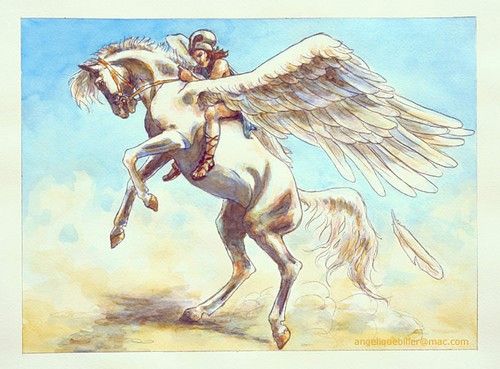 What I dislike about this magical thinking and its pervasiveness in the horseworld, is how it takes us away from seeing each horse as an individual, with a personality that can be valued. I’ve trained some different types of dogs, and some will practically train themselves. Others will never become performance stars, and if a deer runs across the trail, forget it. Horses are like this too.
What I dislike about this magical thinking and its pervasiveness in the horseworld, is how it takes us away from seeing each horse as an individual, with a personality that can be valued. I’ve trained some different types of dogs, and some will practically train themselves. Others will never become performance stars, and if a deer runs across the trail, forget it. Horses are like this too.
I’m gracious and generally don’t point out that the trust people place in their horses is often ill-founded. Since many people who are deeply into these beliefs have a limited base of experiences that are in uncontrolled environments, they often don’t realize the types of things that could happen. Just because they trust their horse it doesn’t prove that another horse galloping by or a herd of elk thundering over a cliff wouldn’t mean a wild ride down the lane where the rider would quickly be unseated, and all the romance lost.
I am a romantic person too, and horses are deep within my blood and my soul. Too deep to ever be uprooted. Yet I know that horses will hurt me and have hurt me. I know that they are dangerous and we need to use common sense and safety precautions when working with them. Sometimes they will be very difficult to deal with safely, and will require a lot of problem solving and tons of work to see any improvement. Ideals are fine, but there is no box that fits around square horses. This does not deter me. I accept the horses for who they are. They are all amazing and special. No magic required.
